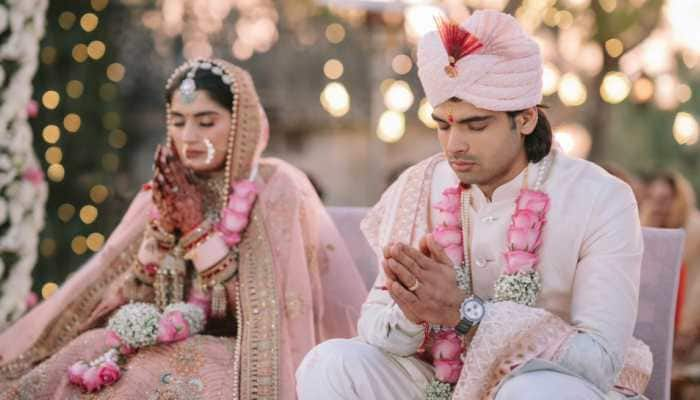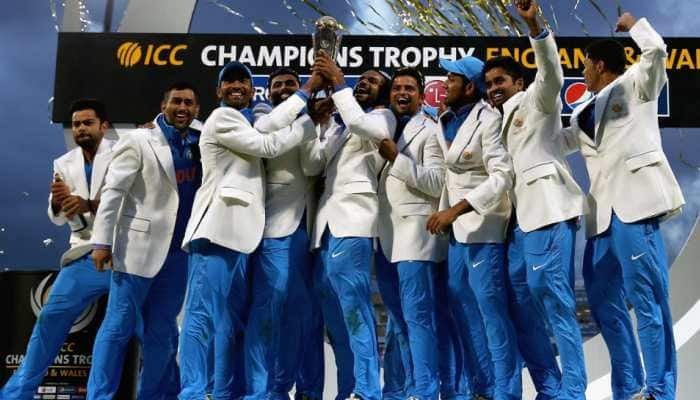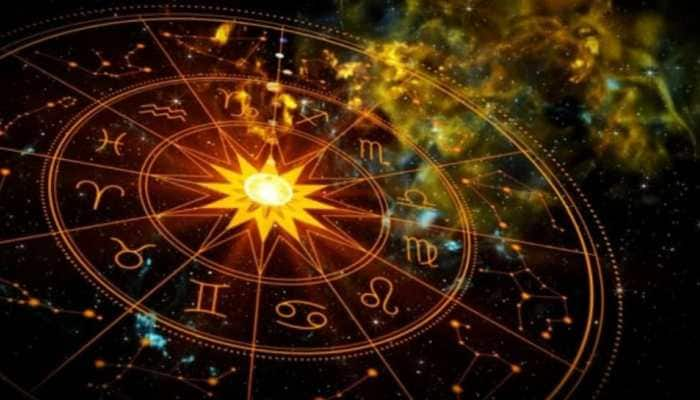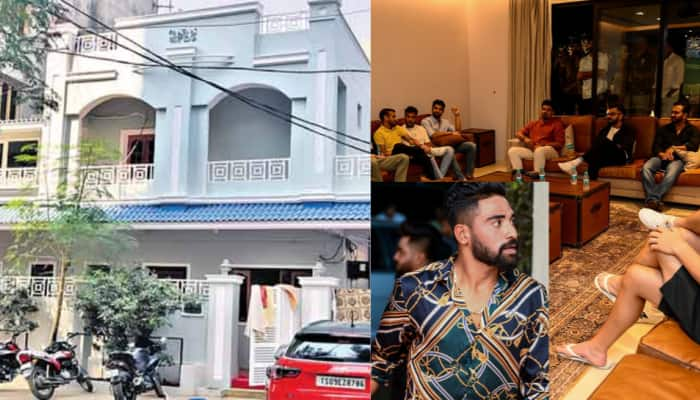Presidential polls 2022: Tejashwi Yadav backs Yashwant Sinha, takes a jibe at Draupadi Murmu, says 'don't want a statue at Rashtrapati Bhavan'
Nearly 4,800 elected MPs and MLAs will vote on July 18 to elect the 15th President of India.
Trending Photos
)
New Delhi: Ahead of the July 18 Presidential elections, Rashtriya Janata Dal (RJD) leader Tejashwi Yadav on Saturday (July 16, 2022) took a jibe at NDA's presidential candidate Draupadi Murmu and said that the polls will be held for the election of the President and not to install "any statue" in the Rashtrapati Bhavan. Backing Opposition candidate Yashwant Sinha, Tejashwi said that "no one has ever heard" Murmu's voice and that she hasn't held a single press conference since she became a BJP-backed presidential candidate.
"We don't want any statue in Rashtrapati Bhavan, we are electing the President. You must have always heard Yashwant Sinha but we have never heard the voice of the presidential candidate (Draupadi Murmu) of the ruling party," the RJD leader said.
"I don't think even you would have heard her voice (to the media). She hasn't held a single press conference since she became a candidate," Lalu Yadav's son added.
WATCH:
#WATCH | You don't need a 'Murti' (statue) in Rashtrapati Bhawan...You must have heard Yashwant Sinha Ji speaking, but not Centre's Presidential candidate... not a single presser by her since her candidature was announced: Tejashwi Yadav, RJD (16.07) pic.twitter.com/VKn38nNi9r
— ANI (@ANI) July 17, 2022
Recently, Congress leader Ajoy Kumar stirred controversy, saying that Murmu represents a "very evil philosophy of India" and should not be made a "symbol of Adivasi", a remark which drew a sharp reaction from the BJP.
"It's not about Draupadi Murmu. Yashwant Sinha is also a good candidate and Murmu is also a decent person. But she represents a very evil philosophy of India. We should not make her a symbol of 'Adivasi'. We have President Ram Nath Kovind, Hathras happened. Has he said a word "The condition of Scheduled Castes has become worse," Kumar said.
Calling the presidential elections a "fight for the soul of the nation", the Congress leader said that all like-minded parties should vote for the Opposition candidate Yashwant Sinha.
Draupadi Murmu has edge over Yashwant Sinha
With the support of regional parties such as BJD, YSRCP, BSP, AIADMK, TDP, JD(S), Shiromani Akali Dal, Shiv Sena and now JMM, NDA candidate Draupadi Murmu has a clear edge over the Opposition's Yashwant Sinha as over 60 per cent votes are expected to be cast in her favour. Murmu's vote share is likely to reach nearly two-thirds and she is set to become the first woman from the tribal community to occupy the top constitutional post.
The National Democratic Alliance (NDA) nominee now has over 6.67 lakh votes after the support of various regional parties, out of a total of 10,86,431 votes.
The electoral college which elects the president through the system of proportional representation comprises elected MPs and members of state legislative assemblies. Nominated MPs and MLAs, and members of legislative councils are not entitled to vote in this election.
The value of the vote of a member of Parliament has gone down to 700 from 708 in this presidential poll due to the absence of a legislative assembly in Jammu and Kashmir.
In states, the value of the vote of each MLA varies in different states. In Uttar Pradesh, the value of the vote of each MLA stands at 208, followed by 176 in Jharkhand and Tamil Nadu. In Maharashtra, it is 175. In Sikkim, the value of vote per MLA is seven, while it is nine in Nagaland and eight in Mizoram.
Before naming Sinha, a former Union minister and a BJP leader, the opposition camp had approached Gopalkrishna Gandhi, grandson of Mahatma Gandhi and a former governor of West Bengal, NCP supremo Sharad Pawar and National Conference leader Farooq Abdullah to contest the poll.
This year the Presidential election is not a contest between two individuals but two ideologies. Only one side wants to protect the provisions & values enshrined in our Constitution. I appeal to all MPs & MLAs to vote according to the Constitution and their conscience this time. pic.twitter.com/vemPHvdaPf — Yashwant Sinha (@YashwantSinha) July 16, 2022
After their refusal to be part of the electoral battle, Sinha, the then Trinamool Congress vice president, was named as the opposition's candidate.
MPs, MLAs to vote on July 18 to elect India's 15th President
Nearly 4,800 elected MPs and MLAs will vote on July 18 to elect the 15th President of India. The polling will take place in Parliament House and state legislative assemblies for which ballot boxes have already reached their destinations. The counting of votes will take place at Parliament House on July 21 and the next President will take oath on July 25.
The election of the President is held in accordance with the system of proportional representation by means of a single transferable vote. In accordance with the system of proportional representation by means of a single transferable vote, every elector can mark as many preferences, as there are candidates contesting the election. These preferences for the candidates are to be marked by the elector, by placing the figures 1,2,3, 4, 5 and so on, against the names of the candidates, in the order of preference, in the space provided in column 2 of the ballot paper. This is the reason why electronic voting machines are not used in this as well as vice presidential, Rajya Sabha and legislative council polls.
The EVMs are based on a technology where they work as aggregators of votes in direct elections such as the Lok Sabha and state assemblies.
According to Election Commission's directions, while MPs will get a green-coloured ballot paper, the MLAs will get a pink ballot paper to cast vote. Separate colours help the returning officer ascertain the value of the vote of each MLA and MP. Seeking to maintain the secrecy of voting, the EC has issued a specially designed pen with violet ink to enable voters to mark their ballot papers in the presidential poll.
(With inputs from agencies)
Stay informed on all the latest news, real-time breaking news updates, and follow all the important headlines in india news and world News on Zee News.
Live Tv







)
)
)
)
)
)
)
)
)
)
